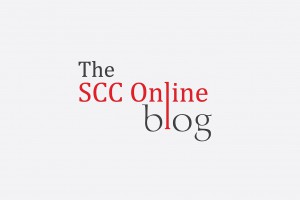Supreme Court of United Kingdom– Giving directions in the pending appeal concerning a claim in negligence by the appellant against the respondent wherein the Trustee so appointed sought the extent of his potential liability (personal liability) for costs if the appeal fails, the Court unanimously held that if the Trustee adopts the appeal to the Supreme Court he will not be held personally liable be held personally liable for costs of the hearings before the trial judge and the Court of Appeal, by virtue only of the fact of his office as Trustee of the appellant’s estate in bankruptcy or of his adoption of the appeal. The Court considered the decision in Borneman v Wilson (1884) 28 Ch D 53, wherein it was held that the trustee cannot adopt part of the action and leave out the rest. The Court declared it to be no longer a good law.
The facts state that the appellant lent £200,000 to a company called Whiteshore Associates Ltd. The courts below have found that his solicitors-respondents were negligent in their handling of the transaction. The Trial Court awarded full amount to the appellant while the Court of Appeal held that this loss was not within the scope of the solicitors’ duty, hence, reduced the award and ordered the appellant to pay the respondents costs of the proceedings up to and including the appeal. Later the appellant became bankrupt and a Trustee was accordingly appointed. As a result, the right to pursue the appeal vests in the trustee which he is yet to decide owing to his potential liability.
With regard to the lack of jurisdiction issue raised by the respondents, Lord Sumption stated that the Supreme Court has jurisdiction to deal with this application under Section 40(5) of the Constitutional Reform Act 2005. The Court further held that a trial and the successive appeals from the order made at trial are distinct proceedings in the same action and a distinct order for costs is made in respect of each stage and any liability as to costs in the earlier proceedings would merely give the respondents an unwarranted priority for their claim under the Court of Appeal’s costs order. BPE Solicitors v. Gabriel, 2015 UKSC 39, decided on 17.06.2015

